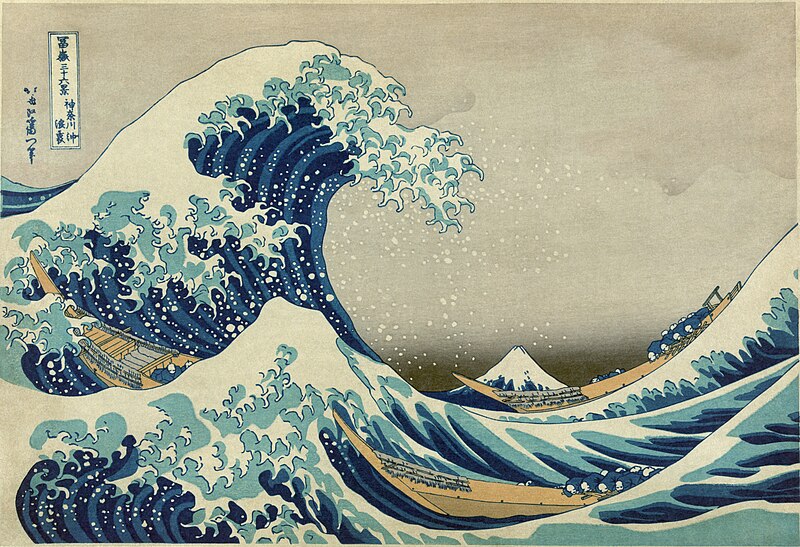The comment, or portion of the comment that spoke to me was this:
But in reality, look at today's world and the competition facing each person.... how many individuals would afford the time to truly enjoy his/her personal space? I would say not many. People who can afford to go leisure travelling, or birds watching or moon viewing are usually retired people or people who are very rich. They have taken care of the major financial part of their life and they can afford the time and money in hobbies making.This has theme has been popping up in my life recently in so many aspects of my study. The first place it really struck me was on the last page of chapter 4 of Uchiyama Roshi's How to Cook Your Life, a commentary on the Tenzo Kyokun. The chapter's title is "Everything You Encounter Is Your Life." He says,
I wonder if there are not many people today who suffer because they feel themselves to be poor or misfortunate, or who have an inferiority complex because they think they belong to the lowest level of society. To me, this is foolish, since they are only thinking in terms of their being but one member of society. Living out the true Self means to put away these ideas of upper or lower, success or failure, and to learn to see that everything we encounter is our life, our true Self. The expression "I alone am revered in heaven and earth," though generally referring to Shakyamuni Buddha, is not limited to him. It applies to every one of us.This concept is unbelievably profound yet we hear it all the time, "now is all that matters!", "stay in the moment!","there is no past or future." But how many of us live that idea, really live it?
... There is no need to compare ourselves with those around us, nor to put ourselves into awkward and painful situations. Rather it is vital for us to take the utmost care of that world in which we live out our total Self. This is the fundamental spirit running through the Tenzo Kyokun. (emphasis mine)
This seems to be the ox that I'm searching for right now, I've got a whole herd of them and they've all escaped, but this one in particular is on my list. I've seen its tracks in that I see the practicality of holding this viewpoint as a lifestyle, maybe I've even glanced it as truth among the distractions of life a few times. It has yet to present itself fully, though, so I continue to seek it.
I have a lot of things to distract me right now, and many of them are unpleasant. But as I go about my day doing chores and running errands, there are times that I feel at peace and a little happy. Every day is full of more and more of them. Walking to the car, I know there are problems waiting for me in the future, but that's okay. When they become that moment, they will be dealt with, for now just walk to the car. The sky is beautifully blue, the breeze is pleasant on my face, my belly is full and I'm easily walking on my own free will. How can I compare these with other pleasures, especially those of they who have more money than I?
And isn't it constantly pointed out to us that money can't buy happiness? How many of the rich and powerful are miserable every moment despite their wealth and leisure time?
Every moment is your life, not someone else's. Every moment is charged with all of existence, there is nothing outside of it. So help me take this advice and do your best to live it as well.
Thank you cicidabee, for reading and commenting. I appreciate the inspiration.
